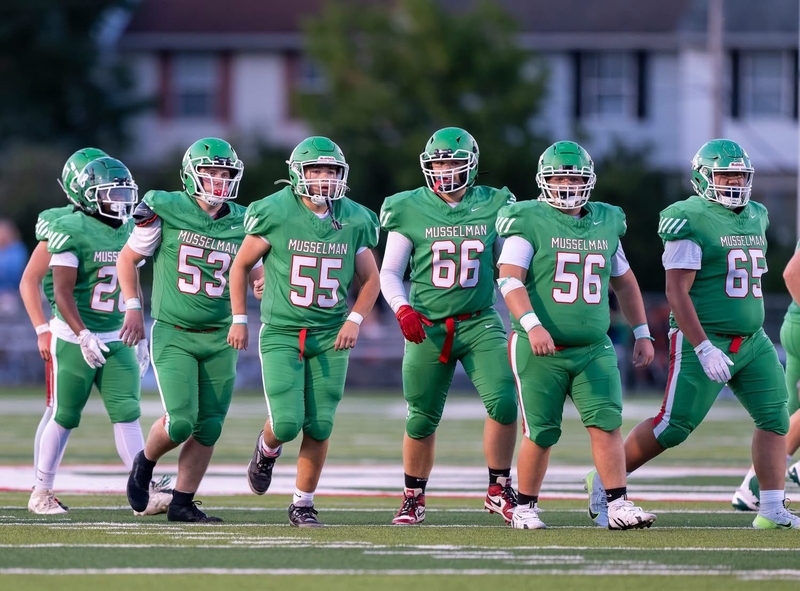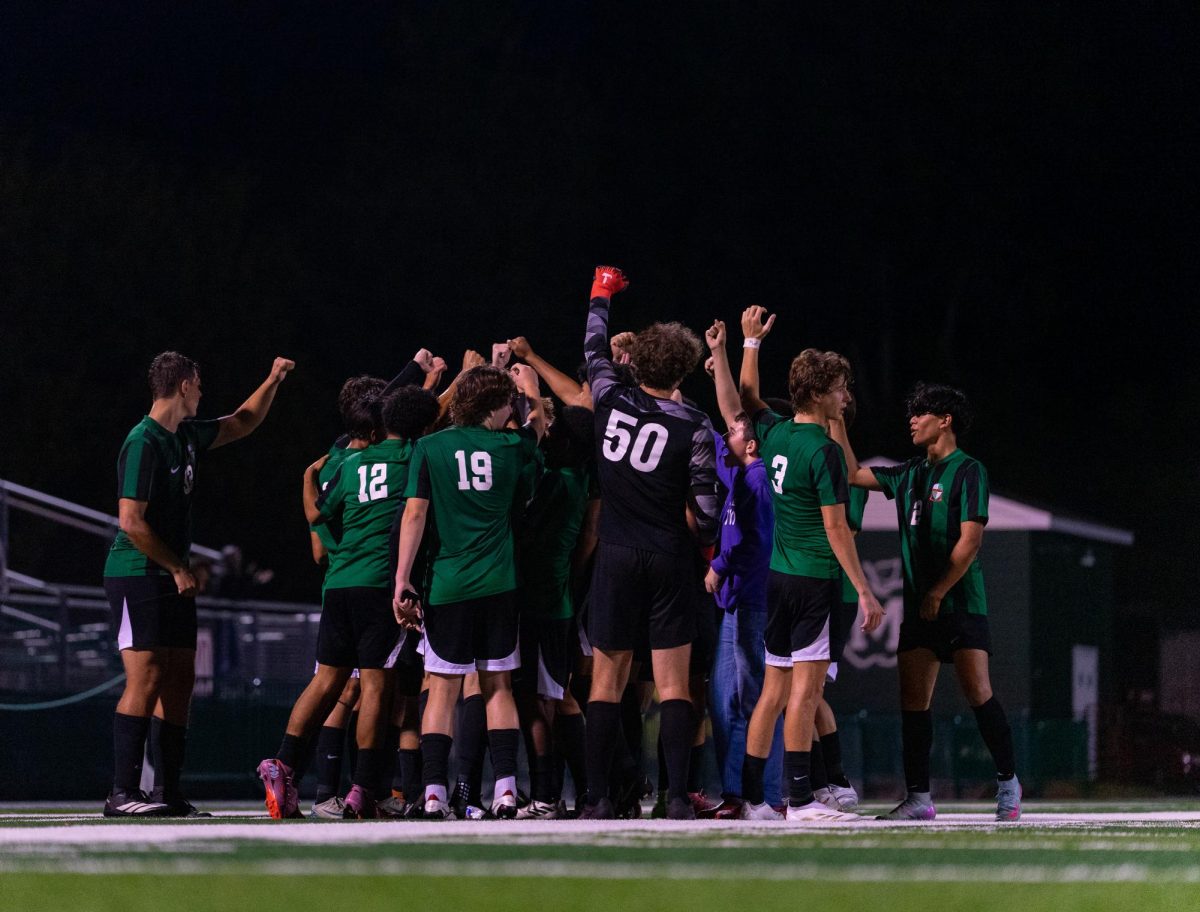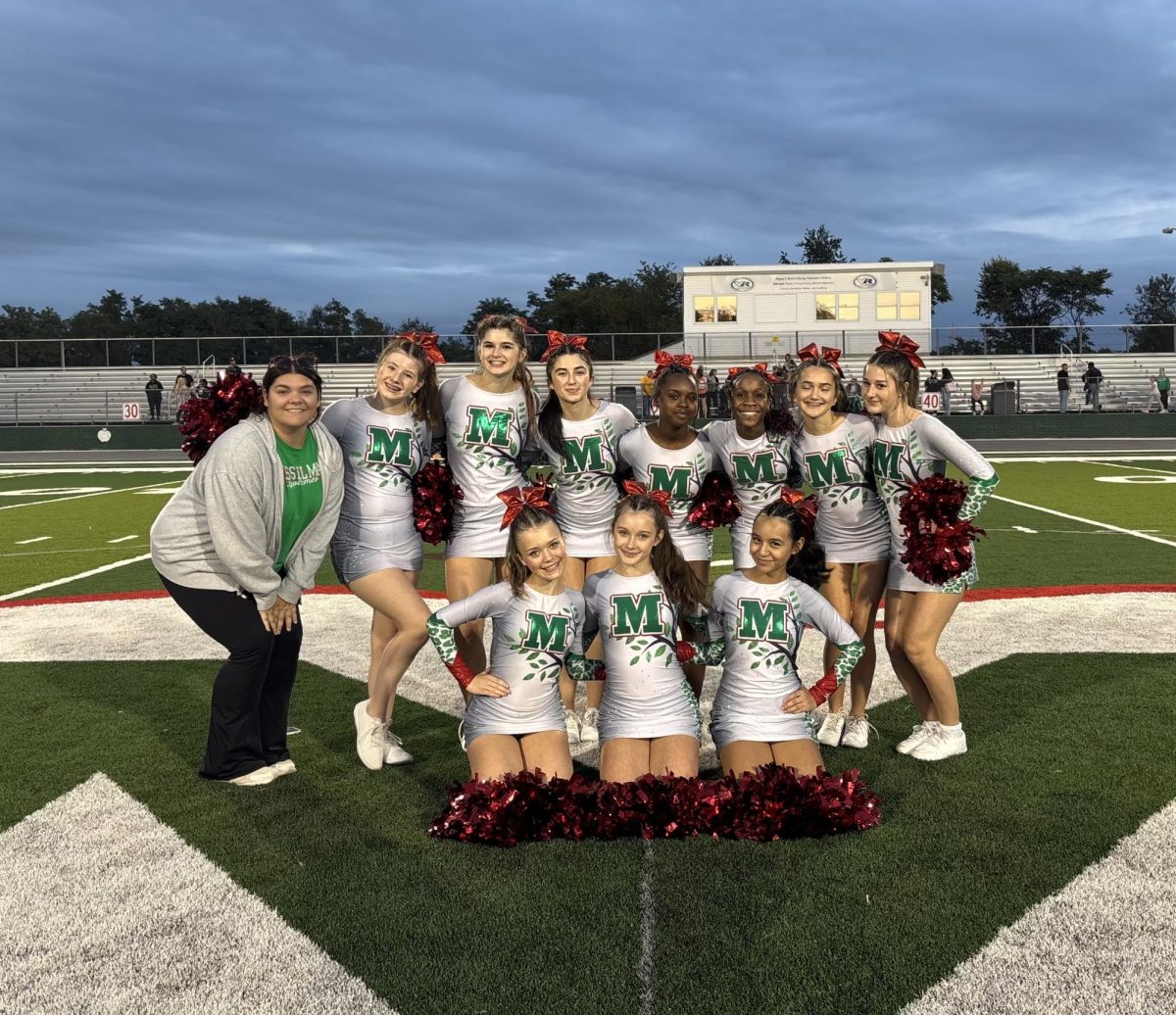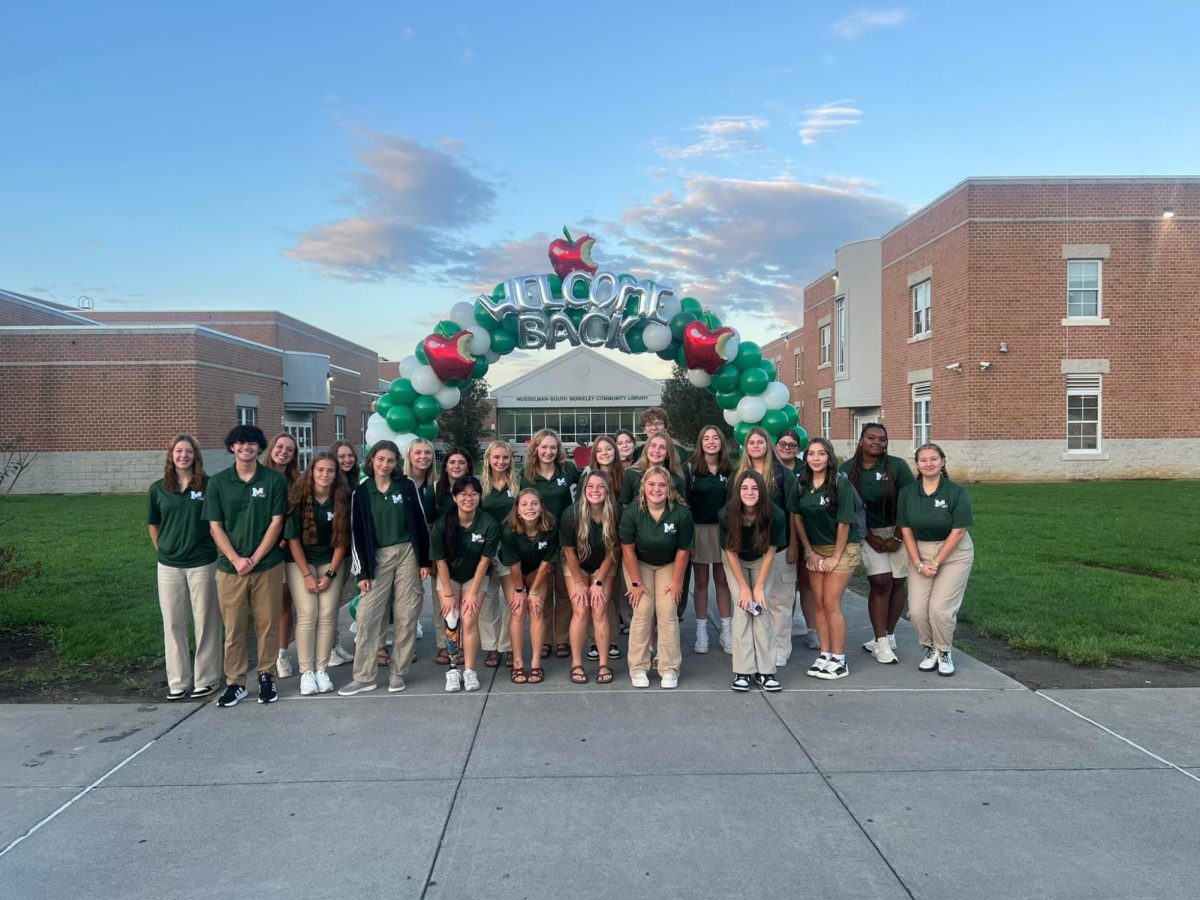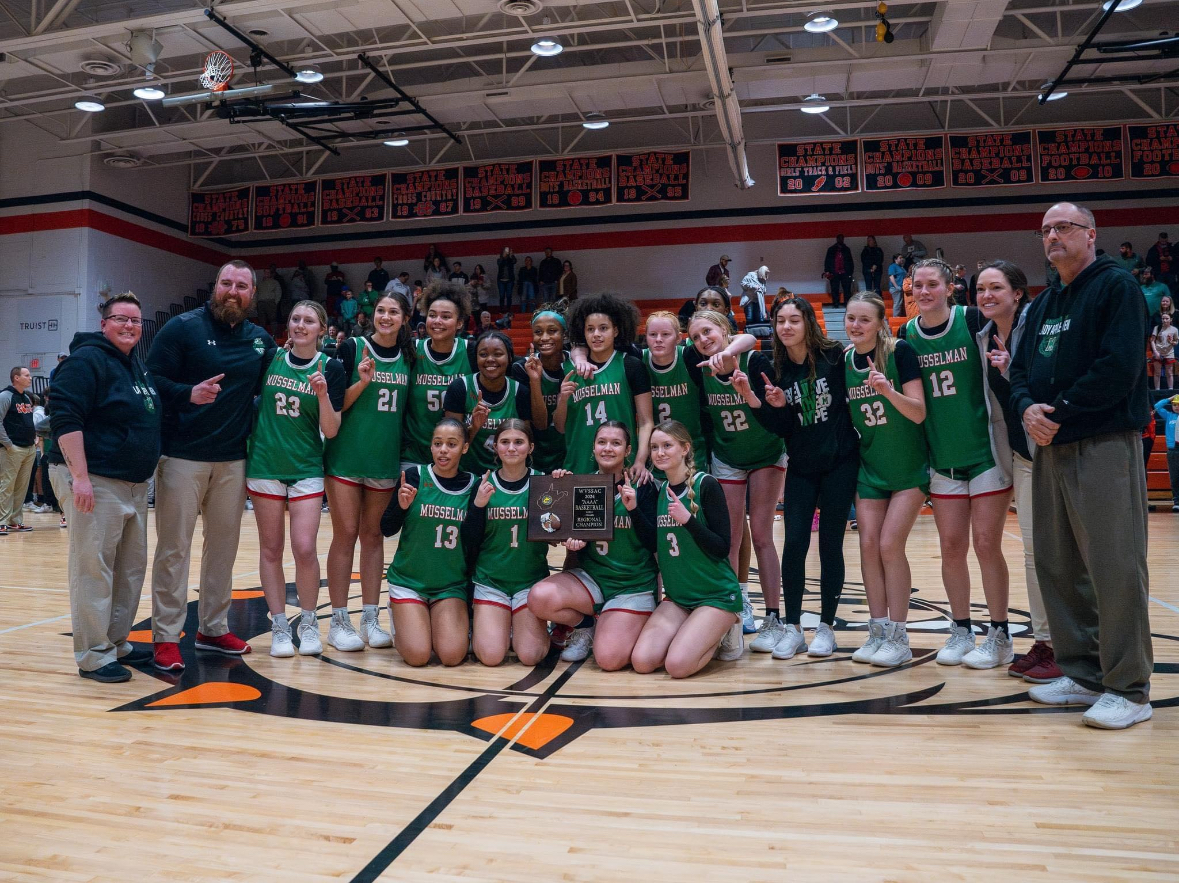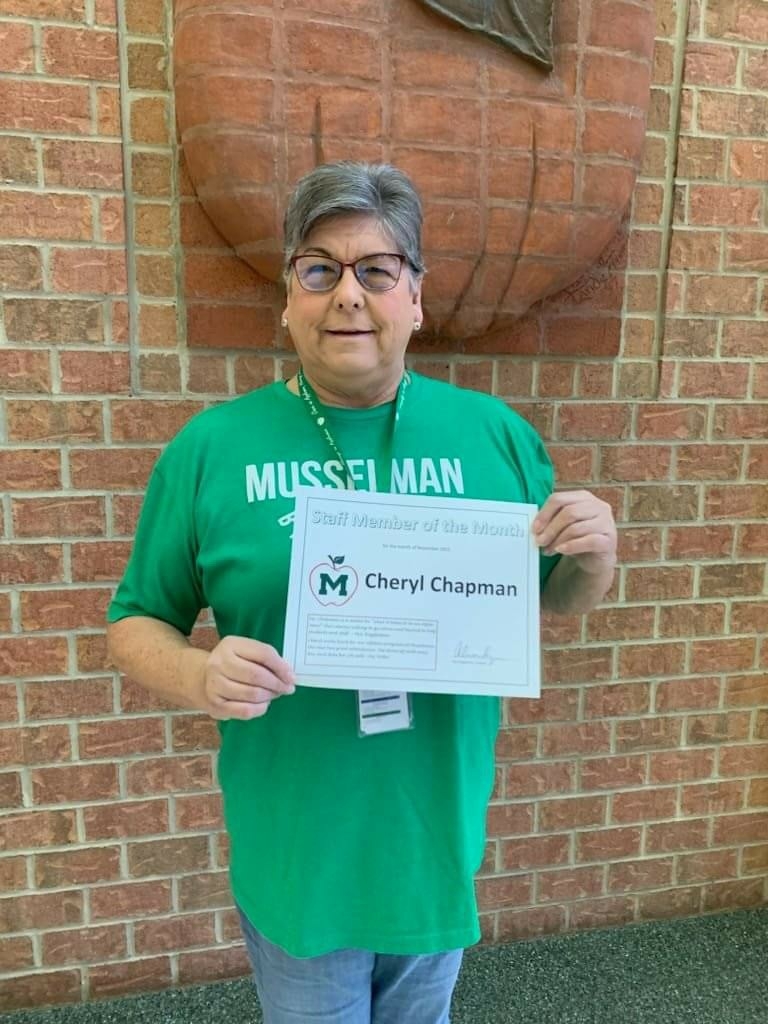In a world where history often finds itself manipulated to fit a specific narrative; it is not unfathomable that the misrepresentation of specific historical figures occurs to appease the masses. The bastardization of black history is no stranger to America’s history; systemically, as a society, we often catch ourselves skimming over the “less favorable” outcomes of its history, namely its treatment of the African American population. As black history month approaches frequently public schools and other sources of education hyper-fixate on well-known civil rights activists to not stir the pot in terms of teaching “extremists” that may cause controversy.
The glorification and, in some cases, demonization of African American leaders often walk hand in hand throughout the pages of children’s history books, to be absorbed as friend or foe, giving little room for authentic education from multiple perspectives. However, this becomes especially problematic when children are taught an ambiguous point of view without proper attention to detail. Selectively omitting the struggles, sacrifices, and achievements of marginalized communities in the fight for equality erases the lived experiences of those who endured discrimination and violence. Sanitizing history to fit a narrow ideological agenda undermines the integrity of historical truth and eternalizes harmful stereotypes and preconceptions.
The historical revisionism occurring in this country is problematic for a multitude of reasons, one being the complete removal of valuable leaders to fit a conservative agenda, an example being Fred Hampton, a leader in the Black Panther Party, is often completely overlooked due to the stigma surrounding the organization, despite his efforts towards bettering communities. Oftentimes, figures such as Hampton get little advocacy in educational settings, although his impact could be comparable to the likes of MLK and Rosa Parks. This oversight not only diminishes Hampton’s contributions but also perpetuates stereotypes about the Black Panther Party and undermines the broader impact of activism; by neglecting to teach students about leaders such as Hampton’s work and legacy, the education system fails to provide a comprehensive understanding of the diverse strategies and ideologies within the civil rights movement, ultimately limiting students’ ability to critically engage with historical and contemporary issues of racial justice.
Moreover, along with the idea of total erasure of leaders, another systemic issue that is prevalent in the education of civil rights is the distortion of much-beloved leaders, MLK being the most infamous. Martin Luther King Jr.’s legacy often presents him through a lens of selective memory, commemorating his message of nonviolent protest while downplaying his radical critiques of systemic prejudice and economic inequality. In today’s standards, King is often favored as a symbol of progress and reconciliation, celebrated for his role in the civil rights movement and his iconic “I Have a Dream” speech. However, this whitewashed, simplified portrayal of King overlooks his more controversial stances and the radical nature of his activism. In today’s political landscape, King’s vocal opposition to war and economics would likely be considered radical and confrontational. King’s unwavering commitment to challenging embedded power structures and advocating for systemic change would also position him as a radicalist, challenging prevailing conceptions of civility and politics.
Within coming to this realization, many often feel the educational system is to blame for lacking education in these subjects; however, teachers can often intentionally or not perpetuate a narrative by not including these individuals in their lessons. It is vital that all educators take personal initiative to cover these subjects regardless of their personal beliefs to properly educate students; doing so will not only provide a truthful look at historical events but also properly educate an ignorant society.
Story continues below advertisement










